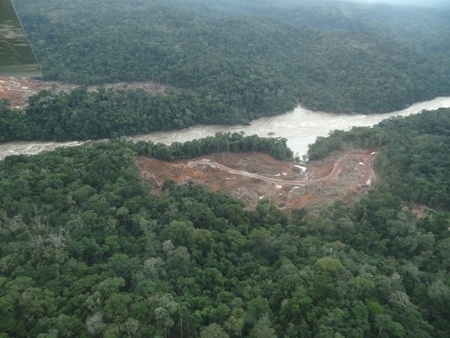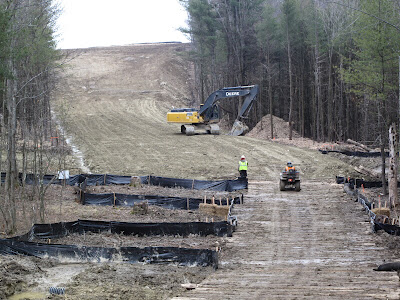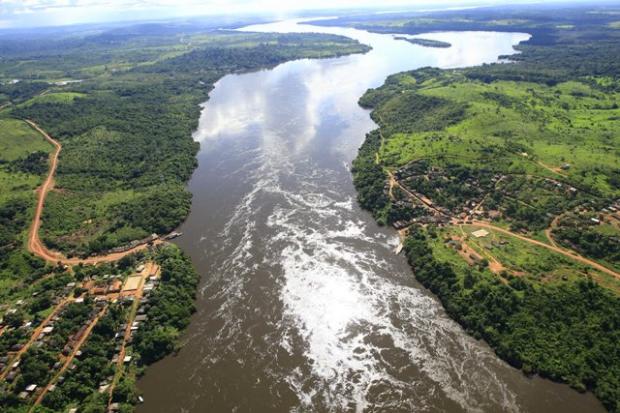By Zachary Hurwitz / International Rivers
Federal Judge Souza Prudente of the Federal Tribunal of Brazil’s Amazon region suspended all work today on the Belo Monte Dam, invalidating the project’s environmental and installation licenses.
While the project has been suspended previously on numerous occasions, and those suspensions overturned on political grounds, this latest decision could have some legs. The decision breaks down in the following way:
The federal judge ruled that no consultations were held with indigenous people prior to Congress issuing Decree 788 in 2005, which effectively approved the Belo Monte Dam. Article 231 of the Brazilian Constitution requires consultations to be held directly by the Congress prior to approval. In this case, approval was given three years before publication of the environmental impact assessment, after which consultations began. As a result, the project’s environmental license (granted in 2010) and installation license (granted in 2011) are now considered invalid, meaning that no further work can continue on the dam. Brazil’s National Congress must hold a series of public hearings, or consultations, with the indigenous tribes that will be affected by Belo Monte. Only after such consultations occur and are considered satisfactory, must the Congress legislate a new approval for the dam. The government and project consortium Norte Energia, S.A. can appeal to Brazil’s Supreme Court, Brazil’s Superior Court of Justice, the President of the Federal Tribunal, and Brazil’s Attorney General, in the next 30 days. Since this is a constitutional matter, the appeal is likely to go to the Supreme Court. In a press conference given today late in Brasil, Souza Prudente stated that “only in a dictatorial regime does a government approve a project before holding consultations.”
...






